Your First Month as a Nomad: A Hands‑On Survival Guide

Introduction
The first month of nomadic life feels like stepping onto a moving treadmill. Your belongings are a suitcase, a backpack and a laptop, and the world is a series of airports, hostels, co‑working spaces and cafés. This guide walks you through the practical steps that turn the excitement of a fresh start into a sustainable routine. It is built around the things you will need to do, buy, arrange and reflect on during the first four weeks of travel.
By the end of this guide you will have a clear daily structure, a reliable system for money and documents, a method for staying healthy, and a plan for building community wherever you land.
Setting the Right Mindset
Accept uncertainty
Nomadic life is a constant dance with the unknown. The first month will test your ability to adapt quickly. Embrace the fact that plans will change, flights will be delayed and Wi‑Fi will be spotty. View each hiccup as a learning opportunity rather than a failure.
Define your purpose
Write down three short statements that capture why you chose this lifestyle. They could be “see new cultures,” “grow my freelance business,” or “learn to live with less.” Keep these statements visible – on a sticky note on your laptop or as a phone wallpaper. When you feel overwhelmed, reread them to remind yourself of the bigger picture.
Adopt a beginner’s attitude
Even if you have traveled before, the nomadic routine is a new skill set. Approach each task – from budgeting to packing laundry – as if you are learning it for the first time. Ask questions, read local blogs, and be ready to tweak your methods.
Pre‑Departure Planning
Choose your first destination wisely
Pick a location that matches your budget, language comfort level and visa requirements. For most first‑time nomads a city with a strong expat community, reliable internet and affordable accommodation is ideal. Examples include Chiang Mai, Medellín, Lisbon and Budapest.
Visa and entry requirements
Visit the official government website of your chosen country. Note the length of stay allowed on a tourist visa, any need for an online e‑visa, and the documents required (passport copy, proof of onward travel, bank statement). Save all PDFs in a cloud folder and also print a hard copy for border control.
Health preparations
- Schedule a general check‑up at least two weeks before departure.
- Update any routine vaccinations and ask about travel‑specific shots.
- Order a travel health insurance policy that covers both medical emergencies and COVID‑related issues.
- Pack a small first‑aid kit: pain relievers, antihistamines, antiseptic wipes, band‑aids, rehydration salts and any prescription medication.
Financial set‑up
- Open a bank account that offers free international withdrawals (many digital banks do).
- Get a backup credit card that has no foreign transaction fees.
- Set up an emergency fund in a separate account that you can access online.
- Install a budgeting app (such as YNAB or PocketGuard) and input your expected monthly costs: accommodation, food, transport, coworking, insurance, entertainment and a buffer.
Digital organization
- Create a cloud folder structure: Documents, Finances, Travel Plans, Work Files.
- Back up your phone, laptop and important files to two locations (Google Drive and Dropbox, for example).
- Install a password manager and store all logins for banks, email, co‑working spaces and booking sites.
Packing the Essentials
The 3‑bag rule
- Carry‑on suitcase – 23‑L size, fits in the overhead bin. Use it for clothes you will need in the first week and any items you cannot check.
- Backpack – 40‑L, serves as your daily travel bag and holds electronics, documents and a change of clothes.
- Compression packing cubes – keep clothing categories separate and compress them to save space.
Clothing strategy
- 5 versatile shirts (mix of short‑sleeve and long‑sleeve).
- 2 pairs of lightweight trousers, one convertible to shorts.
- 1 pair of quick‑dry shorts.
- 1 lightweight waterproof jacket.
- 7 pairs of underwear and socks (quick‑dry material).
- 1 set of sleepwear.
- 1 pair of comfortable walking shoes and 1 pair of flip‑flops.
All items should be made of breathable, quick‑dry fabrics that can be washed in a sink and hung to dry.
Tech kit
- Laptop (preferably 13‑inch for portability).
- Universal travel adapter with USB‑C ports.
- Portable power bank (10,000 mAh or more).
- Noise‑cancelling headphones.
- External SSD (500 GB) for backups.
- Small travel router (optional, useful for turning hotel Ethernet into Wi‑Fi).
Everyday utilities
- Reusable water bottle (collapsible is handy).
- Packable daypack (for hikes or city tours).
- Travel laundry detergent sheets.
- Compact reusable cutlery set (spoon, fork, straw).
- Small lock for hostel lockers.
Minimalist toiletries
- Solid shampoo bar, solid soap bar.
- Toothbrush, toothpaste, floss.
- Deodorant stick.
- Razor and a few blades.
- Basic skincare (moisturizer, sunscreen).
Documentation
- Passport (keep a photocopy in your cloud folder).
- Printed visa pages and insurance card.
- Emergency contacts sheet.
Week One: Landing and Settling In
Arrival logistics
- Keep a printed copy of your accommodation address and the contact phone number handy.
- Use a rideshare app or reputable taxi service to reach your lodging.
- Upon arrival, check the Wi‑Fi speed using a speed‑test website. Note the download and upload speeds; you will need at least 5 Mbps for video calls.
Setting up a temporary base
- Unpack the essentials: laptop, charger, documents and a few days of clothing.
- Create a “work corner” on a desk or a cleared space on a table.
- Install any local SIM card if you need mobile data. Most airports have kiosks where you can buy a prepaid plan with a data allowance of 10‑15 GB.
Grocery run and meals
- Locate the nearest supermarket or market.
- Purchase a few staple items: rice, pasta, canned beans, fresh fruit, vegetables, eggs and a protein source (tofu, chicken or canned tuna).
- Cook simple meals in the hostel kitchen or a shared kitchen. This saves money and gives you a chance to meet other travelers.
Orientation walk
- Spend a few hours walking around the neighborhood. Identify: grocery store, pharmacy, laundromat, nearest bus stop, co‑working space and a café with good Wi‑Fi.
- Take photos of street signs and note the names of the main roads; this will help you navigate later.
Establish a daily rhythm
- Choose a consistent wake‑up time (e.g., 7 am) and a bedtime (e.g., 11 pm).
- Block out two hours for work in the morning when you are freshest.
- Reserve an hour in the afternoon for language practice or local exploration.
- Use a simple task manager (Todoist or Google Keep) to list daily work tasks and personal goals.
Connecting with other nomads
- Attend a welcome event at your hostel or co‑working space.
- Join a local Facebook group or Meetup for expats.
- Offer to buy a round of coffee for a small group; this breaks the ice and builds a network quickly.
Health and Wellness in the First Month
Staying active
- Use free resources: run or walk in nearby parks, do body‑weight workouts in your room, or follow a YouTube yoga class.
- If you have a gym membership in your home country, see if it has partner locations abroad.
Nutrition basics
- Aim for a balanced plate: half vegetables, a quarter protein, a quarter carbs.
- Incorporate local produce; it’s cheaper and fresher.
- Limit street food to once a day; ensure it’s cooked thoroughly.
Managing sleep
- Invest in a travel pillow and a light‑blocking eye mask.
- Keep the room temperature comfortable; use a small fan if the climate is hot.
- Avoid caffeine after 3 pm and limit screen time an hour before bed.
Mental health
- Set aside 10‑15 minutes each day for meditation or journaling.
- Use a mental‑health app (such as Headspace) if you need guided sessions.
- If loneliness hits, schedule a video call with a friend or family member at a regular time each week.
Money Management
Tracking expenses
- Record every transaction in your budgeting app daily.
- Categorize expenses: housing, food, transport, coworking, entertainment, misc.
Adjusting the budget
- At the end of week one, review your spending. Identify any categories that are over budget and plan adjustments for the next week.
- For example, if food costs are high, plan to cook more meals at home and reduce dining out.
Finding affordable accommodation
- Use platforms like Airbnb, Booking.com and local rental sites.
- Consider staying in a hostel for the first two weeks, then transition to a month‑long Airbnb or a co‑living space.
- Negotiate a discount for a longer stay if you find a place you like.
Transportation hacks
- Purchase a weekly or monthly public transport pass if you plan to move around frequently.
- Use ride‑share apps sparingly; they can be expensive compared to buses or trains.
Dealing with currency exchange
- Use a no‑fee card for withdrawals (e.g., Revolut, Wise).
- Avoid exchanging large amounts at airport kiosks; they have poor rates.
- Keep a small amount of local cash for places that do not accept cards.
Staying Connected
Internet solutions
- Test the Wi‑Fi in your accommodation. If it is unreliable, purchase a local SIM with data.
- Keep a list of nearby co‑working spaces and cafés with good Wi‑Fi. Many offer a free trial day.
Communication with clients or team
- Set up a professional email signature that includes your current location (optional).
- Use a scheduling tool (Calendly) that automatically adjusts for time zones.
- Inform key contacts of your working hours in the new time zone.
Backup and security
- Enable two‑factor authentication on all critical accounts.
- Perform a weekly backup of your laptop to the external SSD and then to the cloud.
- Use a VPN when accessing public Wi‑Fi to protect sensitive data.
Building Community
Co‑working spaces
- Choose a co‑working space that aligns with your budget and work style. Some offer hot‑desking for $10‑$15 per day, while others have monthly memberships.
- Attend any scheduled networking events or workshops.
Language and cultural immersion
- Enroll in a short language class at a local community centre or online platform (e.g., italki).
- Practice new vocabulary with locals in cafés or markets.
Social activities
- Look for free or low‑cost events: museum nights, city tours, language exchange meetups.
- Volunteer for a day at a community garden or charity; this creates deep connections quickly.
Maintaining long‑term relationships
- Exchange contact details with fellow nomads you click with.
- Create a shared Google Sheet or Slack channel for future collaboration.
Productivity Tips for the First Month
Time‑blocking
- Divide your day into blocks: deep work, shallow tasks, learning, exercise and social.
- Use a visual timer (e.g., Pomodoro) to stay focused during deep work blocks.
Managing distractions
- Keep your phone on “Do Not Disturb” during work blocks.
- Use website blockers (such as Freedom or StayFocusd) for social media.
Dealing with jet lag
- Expose yourself to natural light in the morning.
- Avoid heavy meals and caffeine after midday.
Keeping a work log
- At the end of each day, note what you accomplished, what obstacles you faced, and what you plan for tomorrow.
- Review the weekly log every Sunday to adjust priorities.
Reflection and Adjustment
Weekly review
- Set aside 30 minutes each Sunday for a comprehensive review.
- Ask yourself: What went well? What was challenging? What will I change next week?
Celebrating milestones
- Treat yourself to a small reward when you complete a goal (e.g., a nice dinner after a productive week).
Planning the next month
- Identify a new city or region you want to explore.
- Research visa requirements, cost of living and community options.
- Begin budgeting for the upcoming move while you are still settled.
Practical Checklist for the First Month
- [ ] Verify passport validity (at least six months).
- [ ] Print visa documents and insurance card.
- [ ] Set up a no‑fee bank account and backup credit card.
- [ ] Install budgeting, password and backup apps.
- [ ] Pack according to the 3‑bag rule.
- [ ] Purchase travel insurance covering health and equipment.
- [ ] Book first accommodation (hostel or Airbnb).
- [ ] Arrange a local SIM card or international data plan.
- [ ] Identify three reliable Wi‑Fi spots in the new city.
- [ ] Create a daily routine template.
- [ ] Join at least one local expat or hobby group.
- [ ] Complete a weekly financial review.
- [ ] Backup laptop data every Sunday.
Resources for Ongoing Support
- Digital nomad forums – Nomad List, Reddit r/digitalnomad, and the Remote Work Hub.
- Budgeting tools – YNAB, PocketGuard, and the free Mint.
- Travel insurance comparators – World Nomads, SafetyWing, InsureMyTrip.
- Language learning – Duolingo, Memrise, italki for live tutors.
- Co‑working directories – Coworker.com and Workfrom.com.
By following this hands‑on guide you will transform the chaos of the first month into a structured, enjoyable experience. The key is to stay organized, remain flexible, and keep your purpose front and centre. With a solid routine, reliable finances and a growing network of fellow travelers, you will be ready to tackle the next destination with confidence. Safe travels!
Random Posts
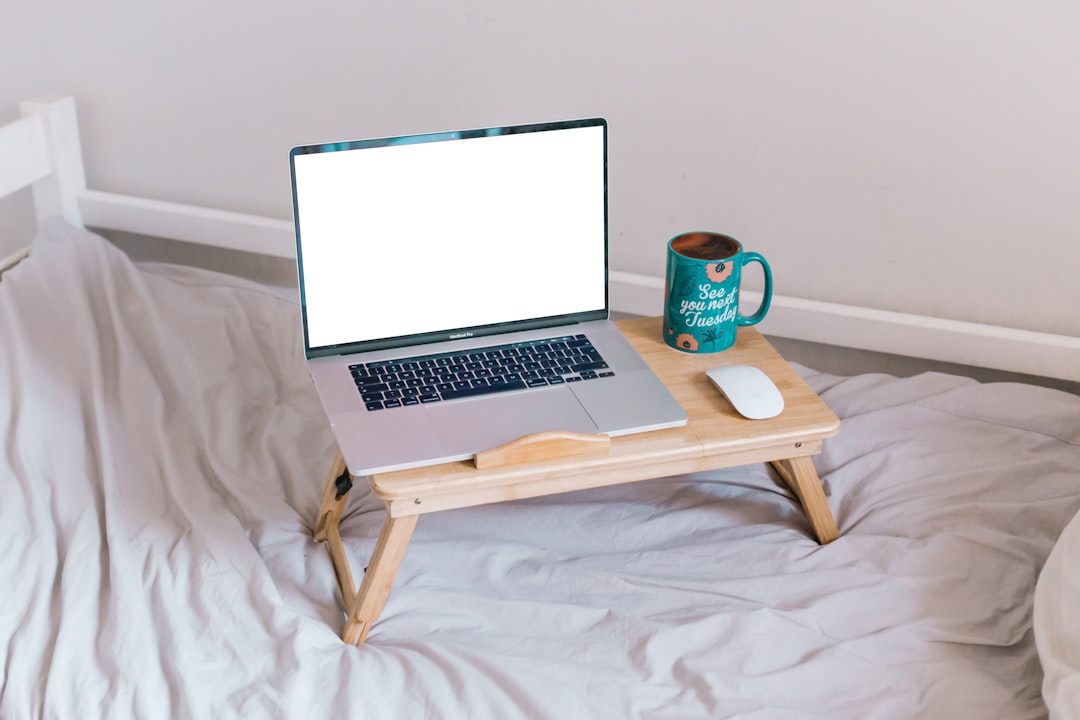
Remote Work Paradise Latin America Top Picks
Explore Latin America’s best remote work havens with fast internet, low cost, coworking hubs and rich culture, ideal spots for digital nomads seeking work and adventure.
1 week ago
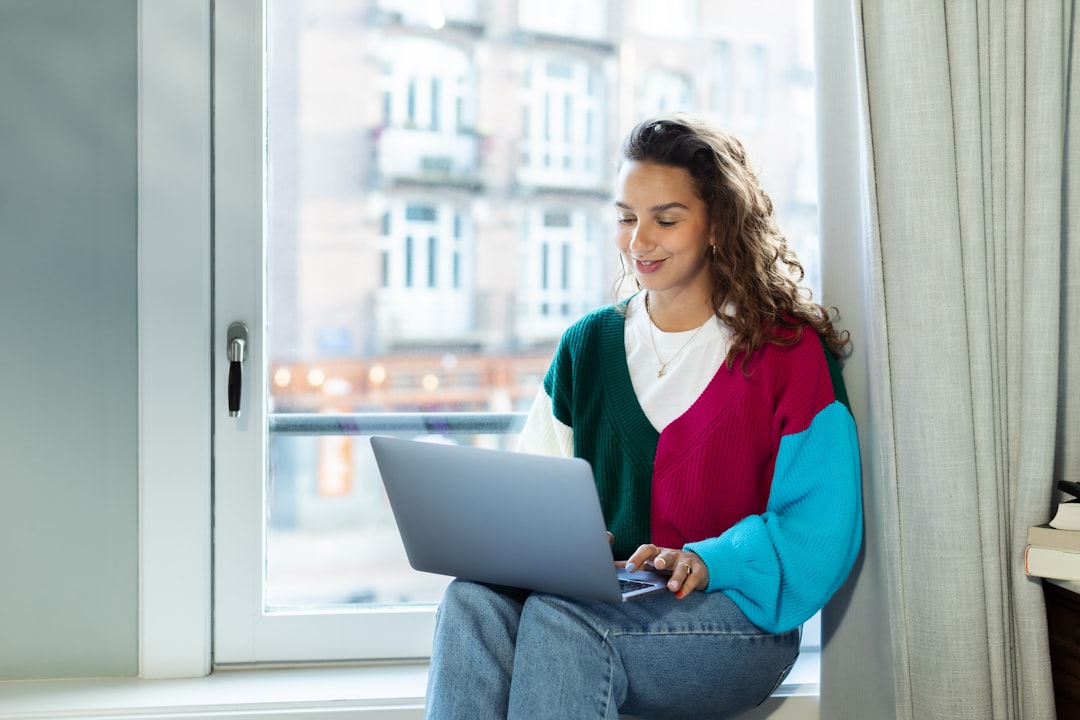
Crafting a Portable Kitchen Routine for Digital Explorers
Learn how to build a simple, portable kitchen routine that fuels productivity on the road with essential tools, meal planning tips and daily habits for any digital nomad seeking health and sustainability.
2 months ago
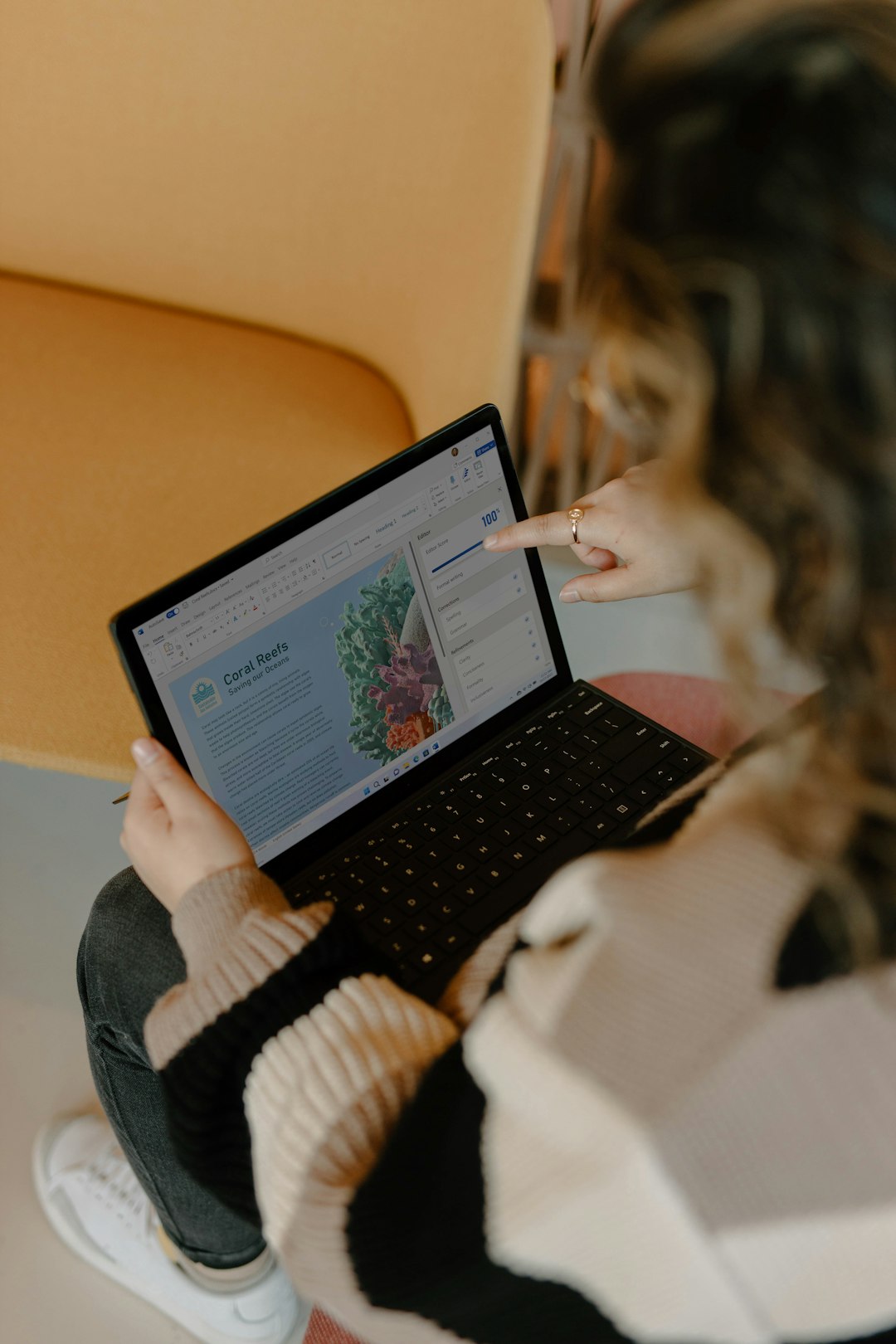
Top Remote Job Boards Every Freelancer Should Bookmark
Discover the essential remote job boards that let freelancers skip endless scrolling, find vetted projects, filter by pay and length, and turn the job hunt into a quick, predictable routine.
1 week ago
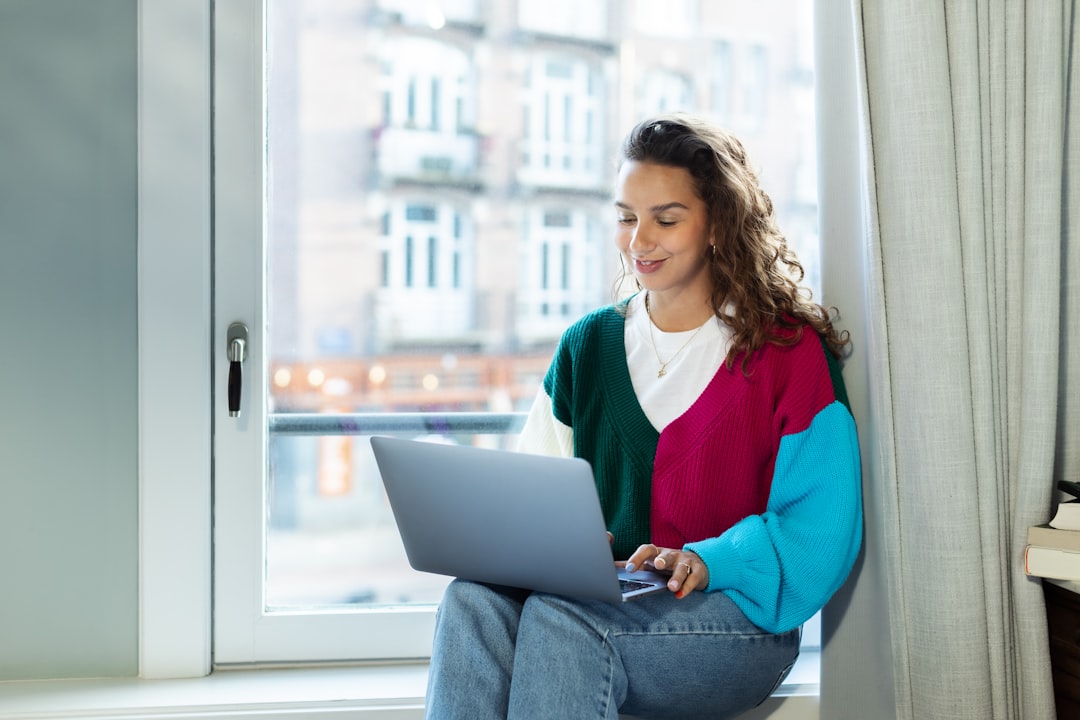
Turning Travel Into a Profitable Freelance Career
Learn how to turn wanderlust into steady freelance income by adopting a flexible mindset, pricing your time, leveraging digital tools, and building a sustainable client base while you explore the world.
1 week ago
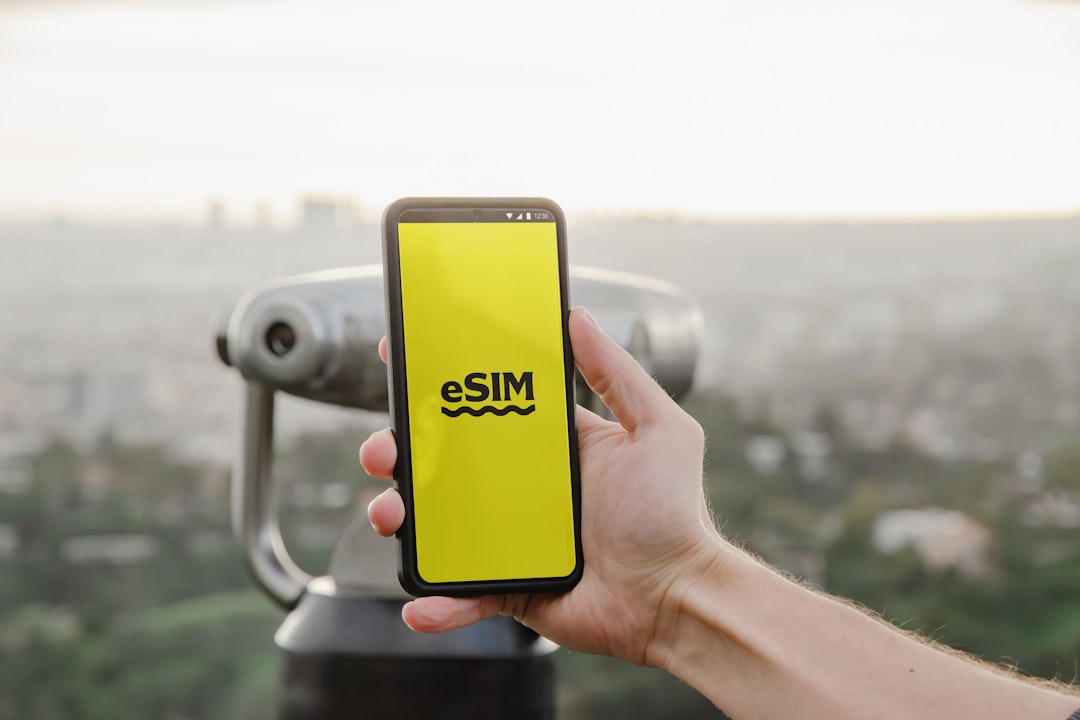
Beginners Roadmap To Freedom On The Move
Follow a step-by-step roadmap that shifts your mindset, builds a lean financial base, equips you with essential gear, sets up remote work, handles legal basics, and creates healthy habits for sustainable nomadic freedom.
1 week ago
Latest Posts

Essential Software Every Remote Professional Should Use
Master remote work with essential tools: instant messaging like Slack, high definition video calls such as Zoom, and asynchronous voice apps. Streamline communication, stay connected and boost productivity.
1 day ago

Mastering Remote Work Productivity for Digital Nomads and Freelancers
Learn proven habits, tools, and tactics that help digital nomads and freelancers stay focused, deliver quality work, and maintain a sustainable lifestyle while traveling the world.
1 day ago

Tech‑Friendly European Towns Perfect for Remote Living
Discover Europe’s best small towns where fast internet, affordable living and vibrant tech communities let you work remotely while soaking up historic charm, lakeside views or mountain air.
1 day ago